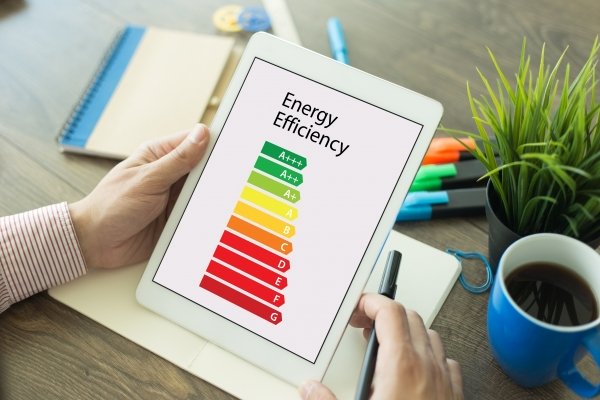The Ministry of Energy of Ukraine, together with the State Energy Efficiency Agency, initiated and developed a draft order of the Cabinet of Ministers of Ukraine "On the National Action Plan for Energy Efficiency for the Period up to 2030". The expert community was also involved in this work, incl. EU4Energy Governance project.
"The development of the draft act is related to the completion of the National Action Plan on Energy Efficiency until 2020 and the need to continue systemic reforms in this area for sustainable economic development and prosperity of the country," commented the acting Chairman of the State Energy Efficiency Konstantin Gura.
So, according to the annual report "Global Energy Statistical Yearbook" on energy issues, the level of energy intensity of GDP in Ukraine in 2018 exceeded the level of energy intensity of GDP in Poland - 2.5 times, Germany - 3.3 times and the average value of the countries world - 2 times.
The high values of the energy intensity of Ukraine's GDP indicate the low efficiency and competitiveness of the state's economy in the world market. Ukraine ranks 85th in the ranking of countries in the world according to the Global Competitiveness Index (GCI) for 2019.
Given the above, there is an urgent need to adopt and implement European norms and standards in the field of energy efficiency.
So, the draft order provides for:
- Determination of a national energy efficiency target by 2030;
- Approval of the National Energy Efficiency Action Plan for the period up to 2030;
- Approval of a three-year action plan for its implementation in 2020-2022.
In particular, it is planned to achieve the national goal on energy efficiency, calculated in accordance with the requirements of Directive 2012/27 /EU on energy efficiency and taking into account the approaches of the EU countries and the Energy Community, namely, the primary and final energy consumption in Ukraine in 2030 is not should exceed 91 468 thousand and 50 446 thousand tons of oil equivalent, respectively.
To achieve this goal, a number of sectoral and cross-sectoral measures to improve energy efficiency are envisaged (co-financing of energy saving measures in the residential sector, development of energy services, rehabilitation of government buildings, widespread implementation of energy management, certification of energy efficiency of buildings, development of electric transport and charging station infrastructure, efficiency of heat supply systems, etc.).
A specific feature of the plan is the need to improve energy efficiency not only in the context of final energy consumption, but also at the stages of energy production and transportation.
In general, the adoption and implementation of the plan will allow introducing European mechanisms for improving energy efficiency in various sectors of the economy and promoting:
- saving energy costs;
- reducing CO2 emissions
- business development, incl. in related industries and increasing employment;
- strengthening the competitiveness of the economy.




